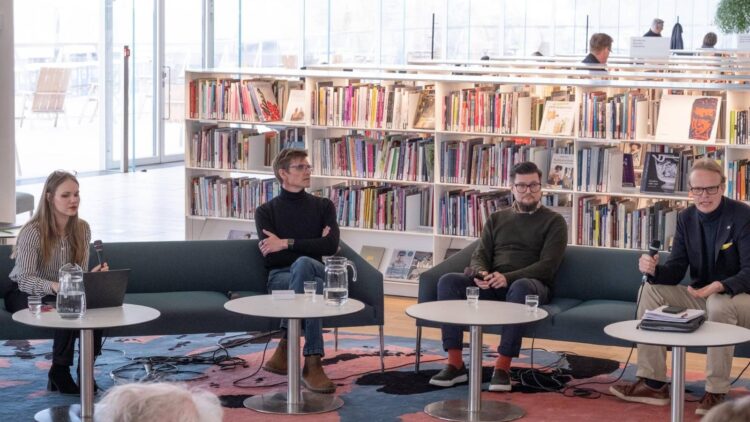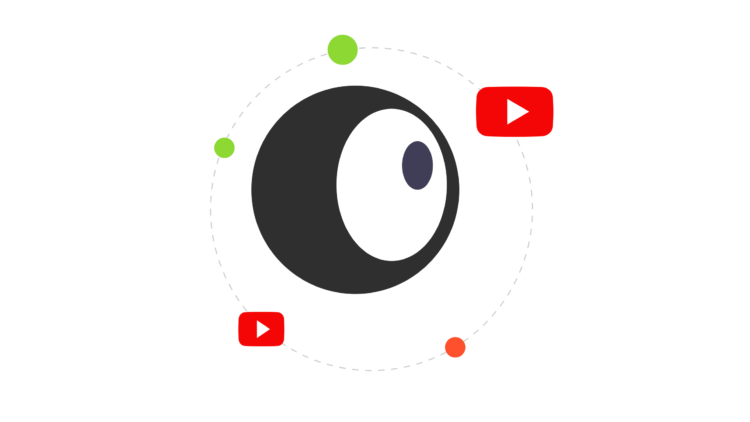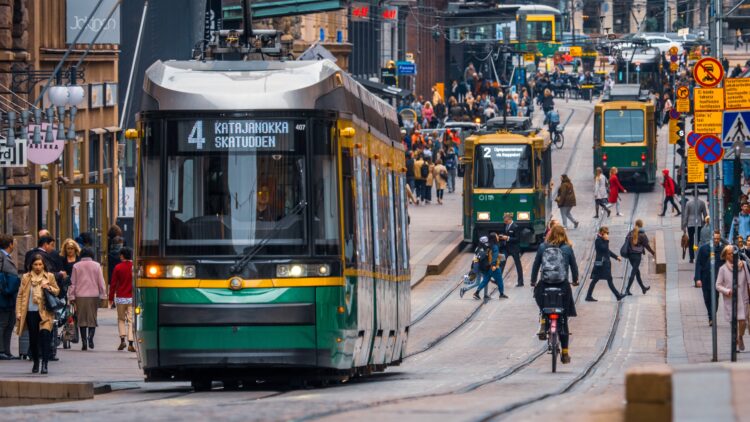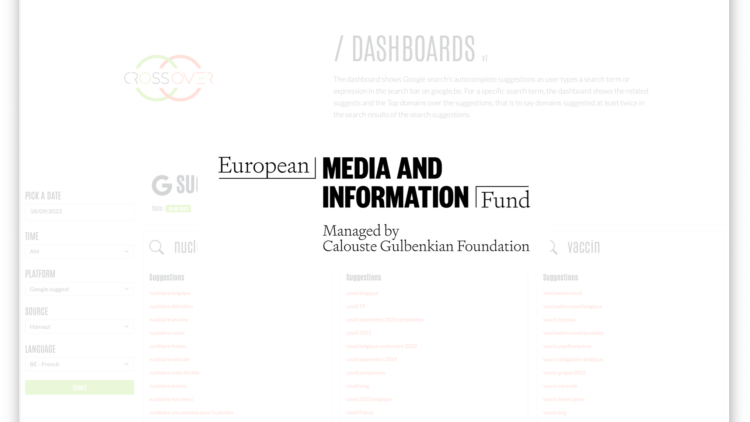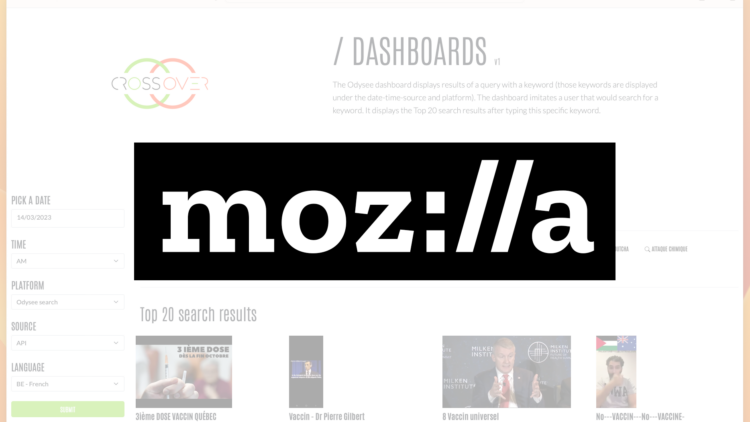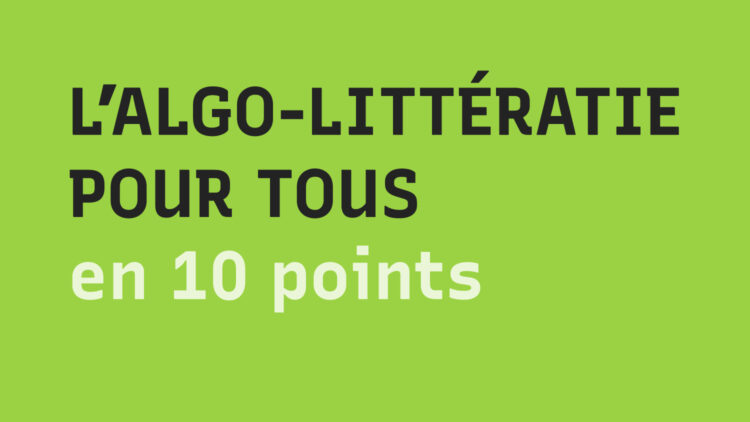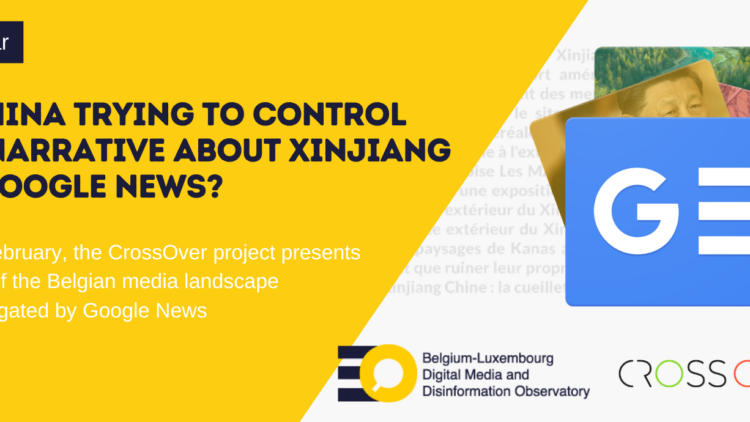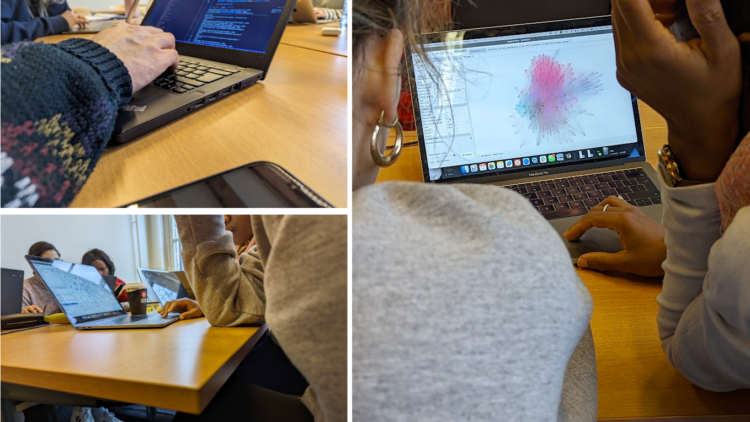News

The TikTok effect: How The App Shaped Political Discourse During Finnish European Elections
After focusing on YouTube & Google, a new report by Faktabaari and CheckFirst as part of the CrossOver Finland project has uncovered worrying trends around TikTok’s possible impact on the 2024 European elections in Finland.
Showcasing our CrossOver Finland project at conferences & talks
It’s always a real privilege for us to talk about our monitoring project at events and conferences.
Finnish far-right videos highly recommended by YouTube during the Presidential race
Explore concerning trends in Youtube’s search and recommendation algorithms in the context of the 2024 Finnish Presidential election campaign. More recommendations for the far-right and right-wing candidates and a funnelling effect, steering users to a limited set of channels.
See what algorithms recommend to Finns on Tiktok, YouTube and other platforms: CrossOver Finland dashboards are now live
Check First and the Finnish fact-checking organisation Faktabaari have developed a methodology that allows anyone to look under the hood of social media recommendation algorithms.
Faktabaari and Check First delve into social algorithms ahead of Finnish elections
The CrossOver Finland project investigates what recommendation algorithms suggest to Finns on different social media platforms. CrossOver projects have previously been successfully implemented in Belgium and other French-speaking countries.
CrossOver heads North: say hello to CrossOver Finland
CrossOver has been selected by the jury of the European Media and Information Fund, securing its place in the second round of calls for proposals amidst 100 applications.
Unveiling the Hidden Layers of the Web: Introducing our Open-Sourced Scrapers
We’re thrilled to announce a new milestone in our journey towards data transparency and platform accountability. The scrapers we used in the CrossOver project to confront data with the information provided by platform’s official APIs are now open-sourced!
CrossOver Expands Watch on Recommendation Algorithms
CrossOver has been selected by the Mozilla Technology Fund to continue running for a year in 8 more regions.
Algo literacy for all in 10 points
Since algorithms, and in particular, those of search engines and social media, influence our information, consumption, relationships and politics, citizens should know how they word and what their effects are.
Watch the replay: Is China trying to control the narrative about Xinjiang on Google News?
Presentation of a study of the Belgian media landscape as aggregated by Google News.
CrossOver participated in the Digital Winter School 2023
CrossOver recently took part in the Digital Winter School, an event that offers an intensive one-week program focused on new media and digital methods.
